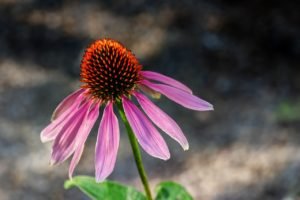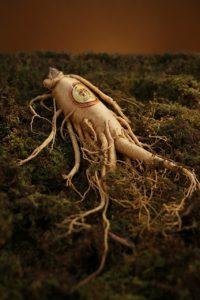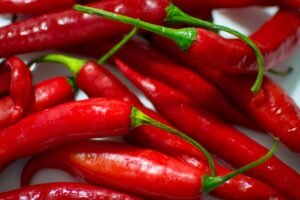The cold and flu season is upon us once again. Colds and flu, you feel it in the sudden aches in your body, the chills, and pallor of your complexion. All you want to do is stay in bed and sleep. Drinking lots of water and sipping hot bone broth helps immensely in addition to the herbs listed below. Common colds are upper respiratory tract infections that are characterized by coughing, nasal stuffiness and discharge, sneezing and sore throat. Symptoms of the flu include a fever of varying severity, body aches and pain, chills, extreme fatigue, and coughing.
Herbs For Colds and Flu
Elderberry (Sambucus nigra) syrup which is easy to make, is huge for combating colds and flu. Taken at the first sign of symptoms, it greatly reduces the symptoms. You can also take this after you’re sick with the same healing results, it will shorten the duration of the symptoms. Elderberry extract possesses potent immune-modulating and antioxidant properties. Drink 3-4 cups of elderberry tea a day or take 1 tsp of elderberry syrup every hour until symptoms lessen.
Feverfew (Tanacetum parthenium) is a natural anti-inflammatory so it assists in relieving pain and fever. Feverfew looks like small daisies but they are a powerful herbal medicine. Dosage for inflammation is 60 to 120 drops, 2 times per day.

Garlic (Allium sativum) is a powerful antioxidant with antimicrobial, antiviral and antibiotic properties. For colds and flu, it also provides decongestant and expectorant effects. You can eat fresh garlic by crushing a clove and adding honey to it this makes it more palatable. Eating fresh garlic releases the chemical allicin which is antibacterial and helps fight a cold. Or you can take garlic capsules.

Echinacea (Echinacea purpurea) fights both viral and bacterial infections. It is best used during the onset of illness. Gargle with echinacea to treat throat infections. This powerful herb boosts the immune system. Taking the herb helps lower your risk of developing the common cold by more than 50 percent. Take 2-4ml of echinacea tincture a day. You can also take it as a tea, tincture or capsule.

Ginseng (P. quinquefolium) helps prevent colds and flu and it makes symptoms milder. Ginseng also gives the immune system a boost. The dosage is 2 capsules a day.

Honey is antibacterial, antimicrobial and antiseptic. Use honey in teas with lemon to help ease symptoms of colds and flu. Do not give honey to children under 1 year old.

Cayenne (Capsicum annuum) used as a powder is a stimulant, anti-microbial, analgesic, carminative, diaphoretic and expectorant. Cayenne can help prevent a cold or flu as well as shorten the duration of a cold or flu. It brings heat to the body which helps dispel coldness.
Now you’re armed with various herbs to assist you through the cold and flu season. In addition to getting plenty of water and sleep, these herbs will combat the symptoms of colds and flu helping you recover quicker.


